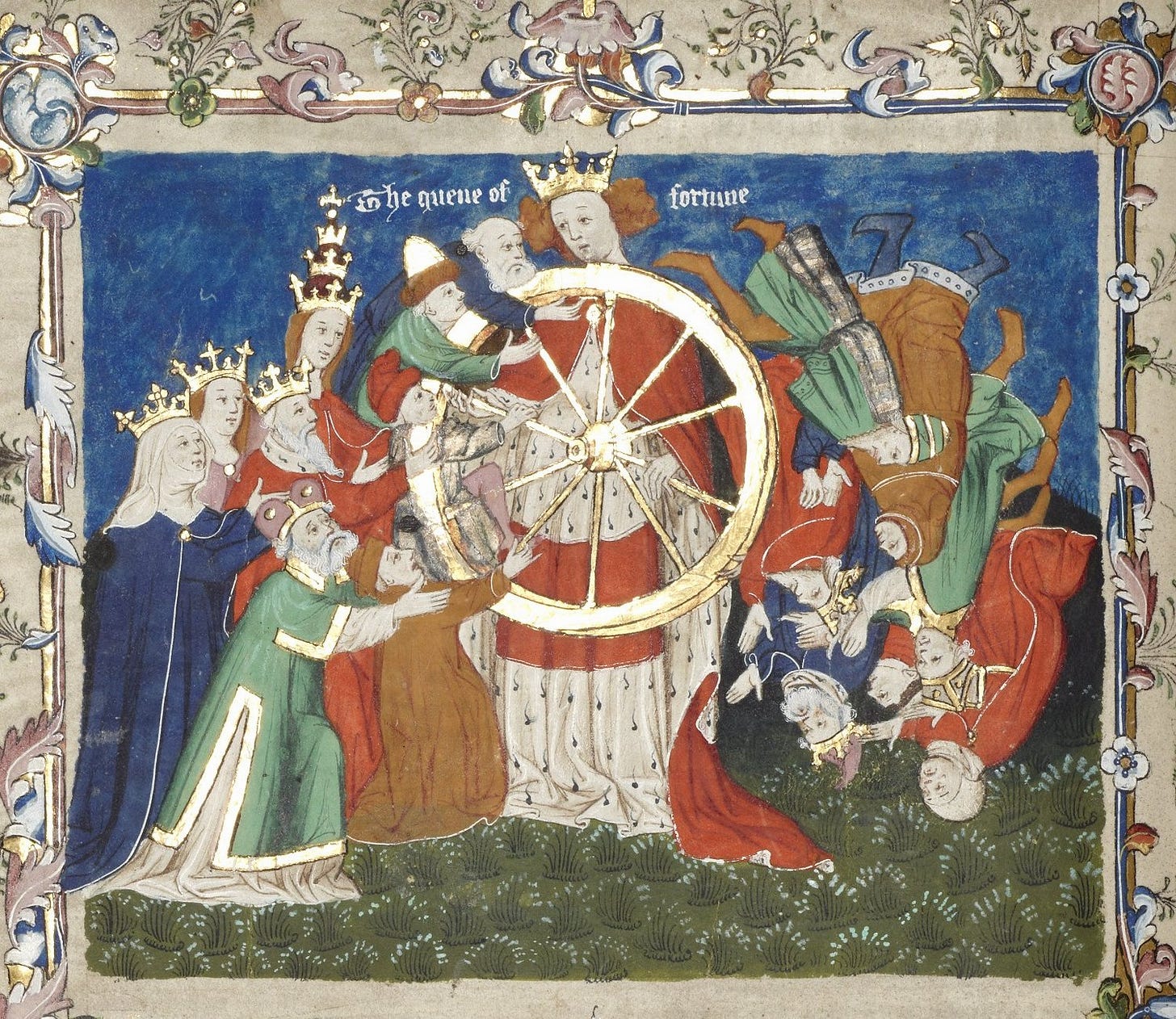How a Trauma Bond Can Change Your Attachment Style
It’s sad, and painful, yet it’s also true: a trauma bond is not authentic love. Authentic love is positive and transforming; a trauma bond is weakening, depleting, and confusing.
Yet that’s often not how it feels, at least when in the love-bombing phase of the abuse cycle. Excitement, giddy exhilaration, clinging attachment to regain a sense of safety, “soul mate” obsessions—these are all the hallmarks of a trauma bond, and they all mimic feelings of love.
A trauma bond is formed by the intermittent reinforcement inherent in abusive relationships. After being verbally battered, psychologically manipulated, emotionally attacked, or physically threatened, a victim of intimate partner violence is left feeling crumpled and broken. Often the silent treatment follows an abusive tirade, adding more pain and confusion to the swelter of trauma already swirling through the body, mind, and spirit of a victim.
And then the wheel revolves once again. Oh, blessed relief! Kindness has returned to the relationship. He’s being loving again, perhaps bringing home flowers or other gifts, maybe even apologizing for his behavior. The relationship begins to feel “normal.”
Yet this isn’t normal; rather, it’s another phase in the abuse cycle. Even so, the “nice times” create a façade of love, a false sense of anticipation that maybe, just maybe, the bad times are over for good. Maybe, just maybe, this time will be different and change will be permanent.
These “good times” are like bread crumbs to a starving person. If you haven’t eaten for days, weeks, or longer, even a pile of crumbs will taste delicious. You’ll feel incredibly grateful to anyone who offers these crumbs to you.
That’s how the trauma bond is formed. You develop an attachment with the person mistreating you because you feel so relieved and grateful when he (or she) gives you even the smallest crumb of kindness.
“The cycles, the uniqueness, and the reactivity in traumatic bonding become even more volatile, all of which add to the anxiety and terror … Attachment deepens with terror.”
(Patrick Carnes, Ph.D.)
This leads me to wonder why some people are more prone to developing a trauma bond than others, and why that bond may be tighter in some relationships.
There are, of course, many reasons for this. A trauma bond is formed—and strengthened—over time, so the longer you’re in an abusive situation, the stronger the bond will be. Another factor may include the intensity of the abuse, coupled with the




